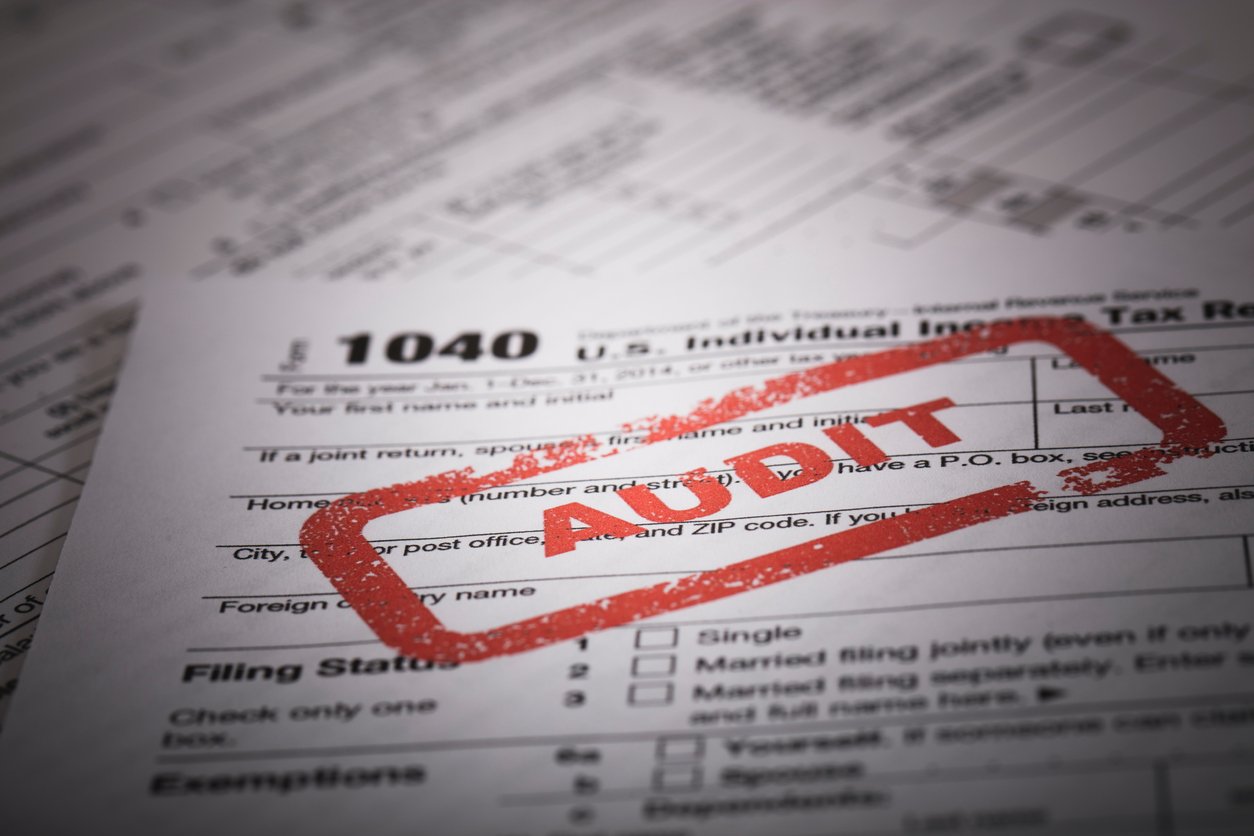How does it start?
If the IRS suspects fraudulent activity from information given by a revenue agent, revenue officer, ongoing investigations by law enforcement agencies, attorney offices, or even tips from the general public. This information is given to a ‘special agent’ for them to go over then decide if this is a criminal offence, this is
known as the ‘primary investigation.’ If there is substantial evidence and the supervisor of the agent has also reviewed the information and deems it to be something of interest, it begins action to initiate a “subject criminal investigation.”
What steps happen next: The special agent will continue to gather more evidence using interviews, surveillance, warrants, bank records, and financial data. This special agent will also work with IRS Criminal Tax Attorneys to ensure that every legal aspect is covered. At this point when all possible evidence is gathered, the agent and their supervisor decide whether the case continues or it is closed. If it is continued then the agent writes a ‘special agent report’ which is looked over by a supervisory special agent, Centralized Case Review, assistant special agent in charge, and finally the special agent in charge.
End results?
At this point in the process, and the Criminal Investigation department determines it should be prosecuted, the recommendation is sent to the Department of Justice, Tax division, or the United States Attorney. If the investigation is accepted for prosecution, the investigation is handed off to the prosecutors.
“The ultimate goal of an IRS Criminal Investigation prosecution recommendation is to obtain a conviction – either by a guilty verdict or plea. Approximately 3,000 criminal prosecutions per year provide a deterrent effect and signals to our compliant taxpayers that fraud will not be tolerated.” – IRS.gov
"*" indicates required fields




